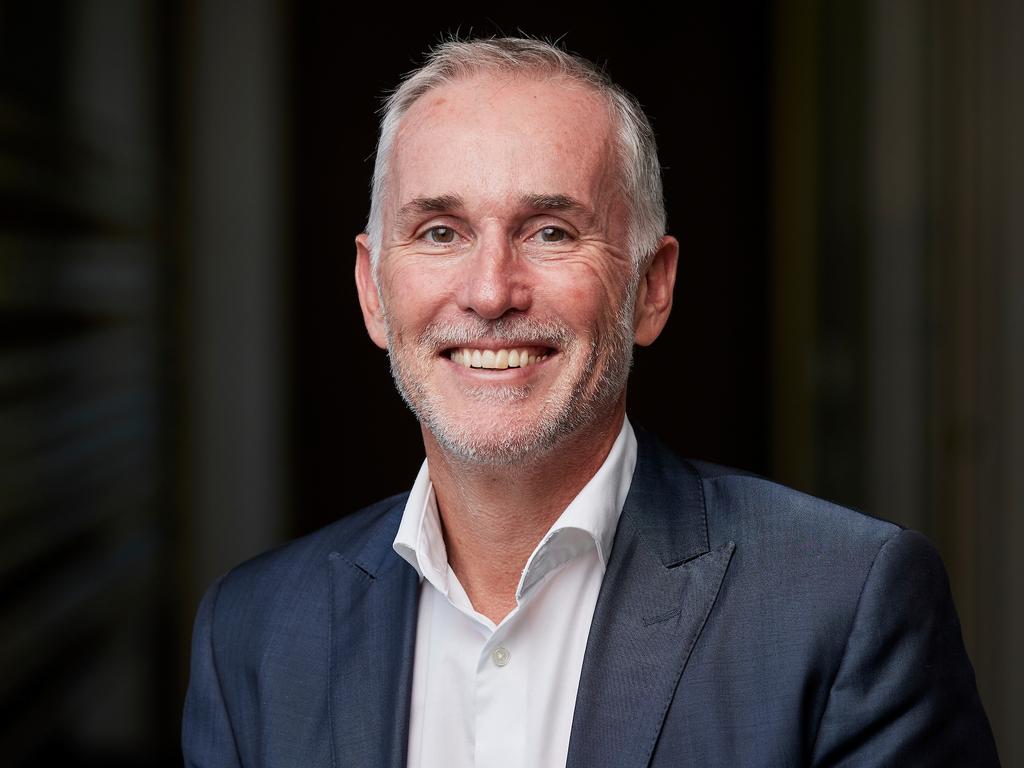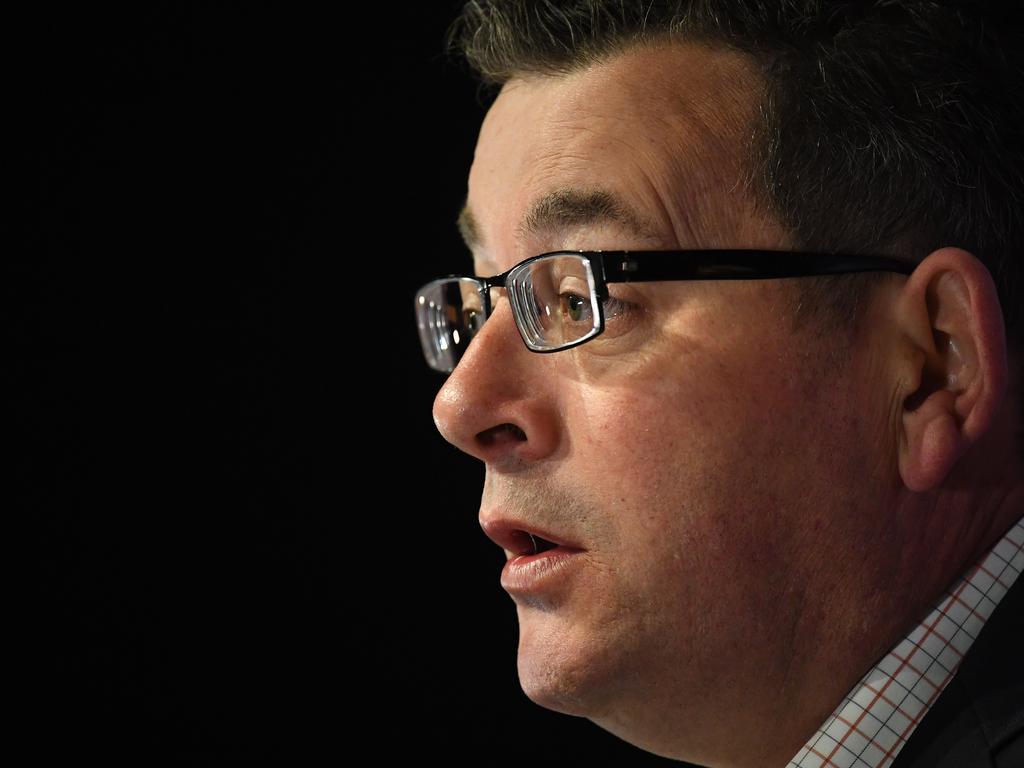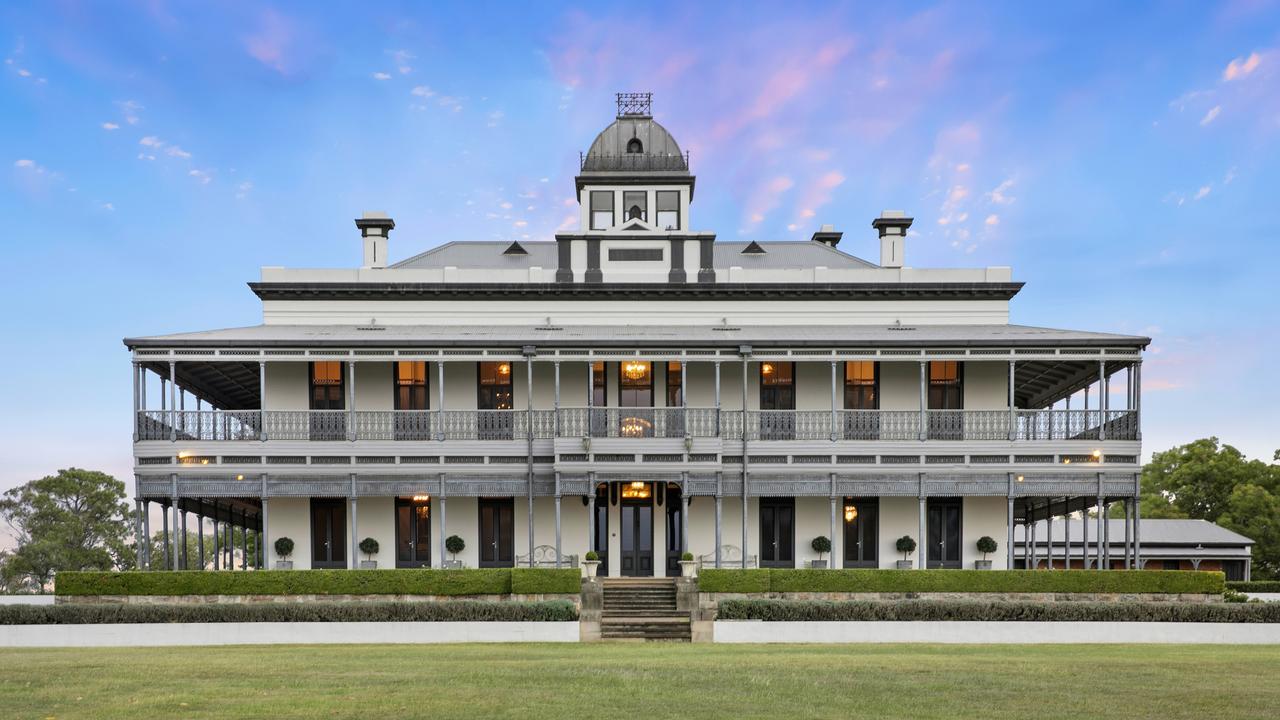John Holland plunges into the red on Melbourne Metro Tunnel losses
Chinese-owned developer and infrastructure company John Holland lost more than a quarter of a billion dollars last year.
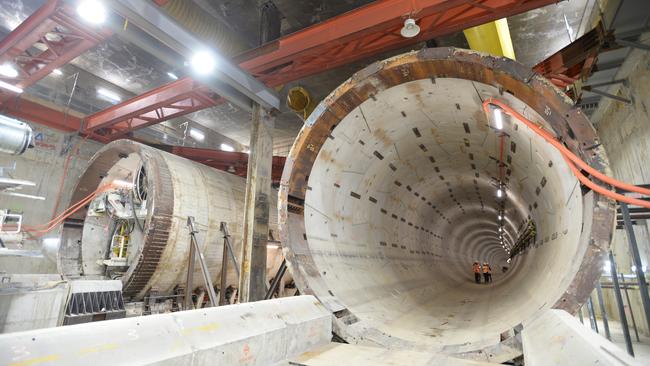
Chinese-owned developer and infrastructure company John Holland lost more than a quarter of a billion dollars last year as it was hindered by the coronavirus pandemic and took hefty losses on the Melbourne Metro Tunnel project.
While problems on the Melbourne tunnel have been resolved, and the company has won billions of dollars worth of new work, it is doing so on fresh terms with lower risks.
John Holland chief executive Joe Barr said that in 2020 the company had won nearly $5bn worth of new work and changed the way it was operating.
“We are confident we are making the necessary changes within our business to set us up for a sustainable future, including making tough decisions on what level of risk we will accept,” he said.
But the contractor was in the gun as major projects came under pressure, including the tunnel, where it is part of the Cross Yarra Partnership – comprising Lendlease Engineering, itself, Bouygues Construction and Capella Capital – which stumbled to heavy losses.
John Holland plunged to a $254.7m loss before tax in 2020, deeper than the previous year’s loss of $107.4m. The after-tax loss attributable to owner China Communications Construction Company was $174.4m.
Mr Barr, referring to the late 2020 settlement of the dispute over the tunnel, said all parties had “shared the pain” and the project continued to make progress.
“We have extensive expertise in designing and delivering large, complex infrastructure projects, and there has been constructivework done on all sides – from contractors, to governments, to unions to ensure we improve the way these projects are delivered for all parties,” he said.
John Holland has set up a major projects division to focus on delivering projects with a value greater than $1.5bn, in recognition of the unique challenges they face.
The company has also been forced to navigate a more complex political environment in the wake of Treasurer Josh Frydenberg blocking a proposed Chinese takeover of a rival construction company on national interest grounds. In that case, China State Construction Engineering Corporation abandoned a bid to buy an 88 per cent stake in Probuild from SA company Wilson Bayly Holmes Ovcon.
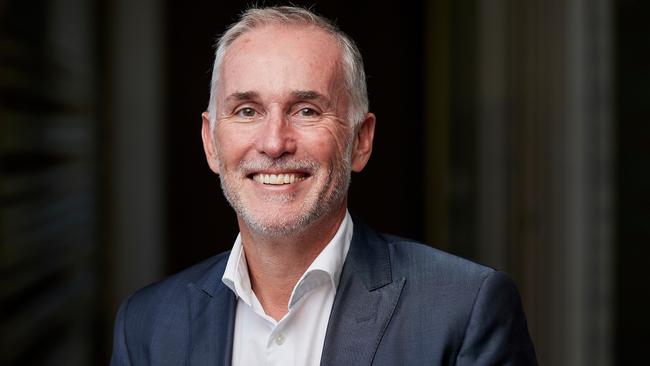
The Chinese corporation dumped a long-running application to the Foreign Investment Review Board after advice it would be rejected on national security grounds. Meanwhile, despite being black-listed by the Trump administration, China Communications Construction Co continued to win state government contracts.
Mr Barr emphasised the free reign John Holland’s local management had enjoyed since the Chinese group bought the company in 2015. “John Holland continues to be led and managed by an Australian-led executive team, as it has been for more than 70 years,” he said. “State government customers have existing procurement controls in place, which we comply with. Our state government customers are aware of the depth of our experience within Australia and the value we provide to local economies.”
John Holland’s losses underscore the broader industry malaise afflicting engineering companies even before the coronavirus crisis, as intense competition for work eroded margins and saw contractors take larger risks.
Companies with an exposure to engineering have called for governments to take on larger, less predictable risks that cannot be borne by individual businesses.
Mr Barr said the coronavirus crisis had had a number of effects on the industry, some positive, with more work likely as governments kicked start the economy.
“Governments across Australia recognise that investment in public infrastructure is vital to our economic recovery,” he said. “We see positive continued investment in public transport infrastructure like roads and rail, and in health and social infrastructure.”
John Holland and construction partner CIMIC are in dispute with roads group Transurban over cost blowouts on Melbourne‘s $6.7bn West Gate Tunnel project. The pair issued termination notices on the West Gate Tunnel project on disputes related to per- and poly-fluorinated alkyl substances on the project site, but construction has continued under protest.
“The West Gate Tunnel project is complex, and we are working with all parties on reaching a resolution,“ Mr Barr said.
John Holland pointed to the solid pipeline of projects being tendered and its big wins. These included the Sydney Gateway – Stage 1 & 3 ($754m), Southern Queensland Correctional Precinct – Stage 2 ($517m), ARTC Narrabri – North Star (Inland Rail N2NS) Package A ($475m) and the North West Program Alliance – Bell St Preston ($382m) projects.


